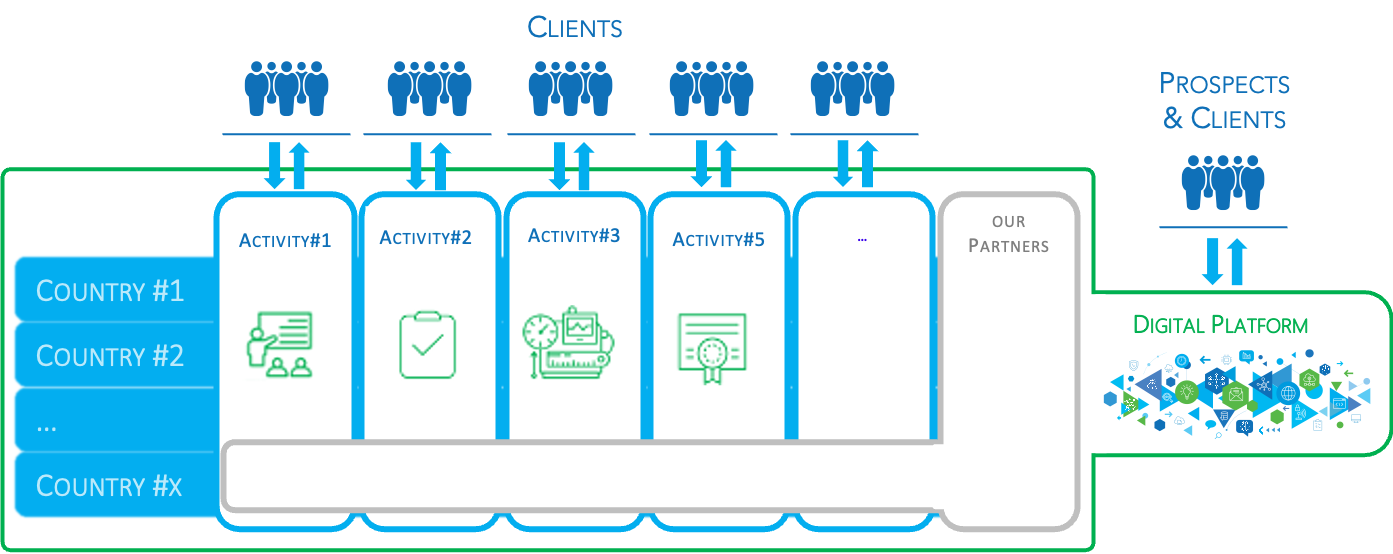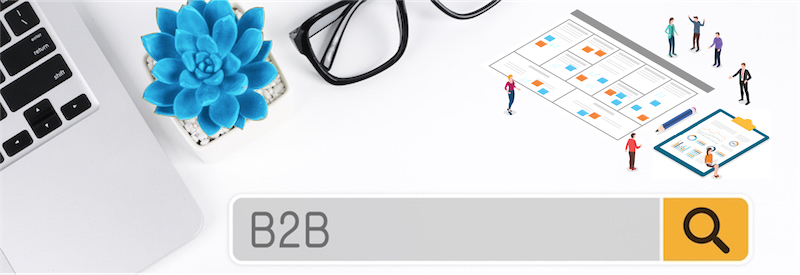Digital platforms enable a data-driven world rather than a process-driven world
Silicon Valley and the San Francisco Bay Area are the world's leading place for the BtoC and BtoB platform economy. A platform is a business model that creates value by facilitating exchanges between at least two different groups, with one typically being suppliers and the other customers. A platform is much more than just a marketplace. A platform provides an individual/company with everything they could possibly need regarding a specific topic. This includes demand and supply but extends to all sorts of information and social exchange a specific topic could ask for.
To attain a critical mass of buyers, you need a critical mass of suppliers—but to attract suppliers, you need a lot of buyers. If this Chicken-and-egg problem is difficult to deal with for startups, it is easier to deal with for incumbents. Generally, the customer portfolio is extensive, small customers and occasional/sleepy customers lend themselves well to a platform approach, and the company's partners/subcontractors will be happy to increase their turnover.
As B2B is not as viral as B2C, different network effect techniques are to be implemented to grow the platform ecosystem: tribe approach, communities of practice, make sure that the customers also bring their customers and possibly their suppliers on the platform, ... One of the most classic network effects for B2B derives from the reusability of data on the platform.
The network effect has connected us socially as communities and friendship circles; now, we need to connect with peers in the business world.
Why move to this model?
- Industry lines are blurring, value chains are consolidating into ecosystems, and Covid-19 accelerates the digital transformation of our economy.
- Businesses are moving from processes to platforms, and platform businesses dominate the economy and now beyond B2C.
- Digital platforms cut across traditional organizational structures, silos, policies, and technology investments to enable a new operating model.
- Ecosystem strategies can generate significant value by growing the core business and expanding the portfolio into new products and services.
- Beyond humans, a platform will federate all the company's touchpoints, such as an IoT automat or a smart contract (blockchain) that will react to events based on rules.
- From defense to offense: Time plays against the leaders, and a platform can be an important differentiator/competitive advantage for a company.
Towards a hybrid model
Hybrid companies will beat out traditional companies that remain 100% linear, especially in a sector that is not very concentrated. Incumbents who will add a platform business model to their current linear business model and combine physical and digital assets will be the big winners.
Illustration of a possible scenario
 A unique user experience based on a combination of digital and physical while providing access to the full range of its services and those of its partners.
A unique user experience based on a combination of digital and physical while providing access to the full range of its services and those of its partners.
The B2B Platform will be a unique entry point for customers who want it. If they wish to do so, the current customers will work with current protocols and tools. The digital platform does not take anything away; it brings additional, transversal value to a company.
In summary
The lesson we have learned from Silicon Valley is that most value in a digital business relies on platforms, which are scalable, have a repeatable/non-linear business model, and are intended to last.
So, should you integrate digital platforms into your B2B business? Come chat with us and meet our experts.

